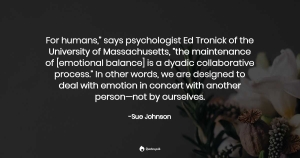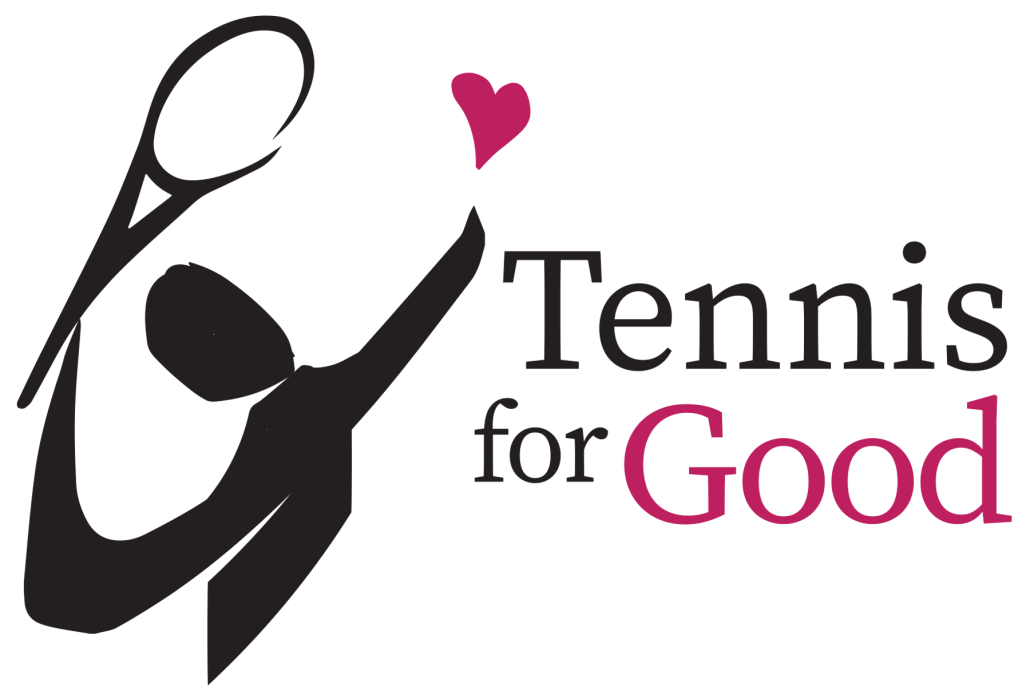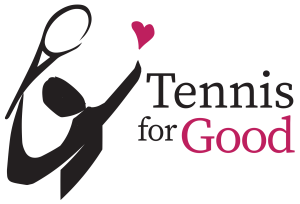 I’m a bit weird. When someone communicates to me, I try to respond immediately. This is partly self-protective — I don’t want to carry the stress of having to remember to get back to them — but the more important consideration is that anything less feels discourteous to me.
I’m a bit weird. When someone communicates to me, I try to respond immediately. This is partly self-protective — I don’t want to carry the stress of having to remember to get back to them — but the more important consideration is that anything less feels discourteous to me.
In a world where people habitually respond not at all or — by my standard — belatedly, the norm is a source of constant vexation to me. Every day, I have to remind myself that other people have different response styles, that the culture normalizes non-acknowledgement, that maybe they didn’t see my communication, that forgiving others’ trespasses is a crucial practice, and so on.
I have a philosophical commitment to flexibility and open-mindedness. I’m firmly convinced that I’m in the right and the world is in the wrong on this one, though — it’s become a sort of soapbox issue for me. In a memorable set of experiments called the Still Face Experiment, researcher Edward Tronick had mothers interact normally with their babies. The moms smiled, baby-talked, and made loving eye contact. Then he had them go, as per the name of the experiment, ‘still face.’ The moms stared blankly at their babies as the little ones did their best to interact. Every time, it took literally less than a minute for the infants to decompensate completely and lose motor control, start squawling, and so on.
The babies are telling us something hugely important: We’re wired for connection. Non-responsiveness hurts and, in fact, it cuts deep. I know that people will scoff at this — we have weird notions in our culture of what it means to be an adult — but those infant needs still live inside us. If we disregard them, it’s at our own — and our neighbors’ — peril.
My inner grown-up knows that the people who don’t live by my communication rules mean no harm. That doesn’t keep me from having to override an inner wince every time it happens. That’s how deeply attached I am to what a friend — and, like me, a rapid responder — calls “response-ability.”
To be clear, it’s not validation I’m after. I love approval as much as the next person, but what I’m really looking for is acknowledgement — not that I’m great, but that I exist and matter enough for my interlocutor to, so to speak, smile back at me.
And now we come to tennis. Wonderful tennis, beautiful tennis, good ol’ reliable tennis — tennis that unfailingly practices response-ability! Every time I smack that fuzzy yellow ball, I get feedback. The great game of tennis says to me, “Well done!” Or: “Wow, you really screwed that one up!” Or: “Release the wrist more next time.” If I hit 1,000 balls in a practice session, I’ll get 1,000 units of feedback. It is guaranteed. And it happens immediately.
On a given day, you and I may be off our game. Tennis is never off its game. In a world where Joe may think it’s fine not to respond if you don’t have something clever or useful to say, and Jill may think it’s fine not to respond because she’s busy and why bother, tennis is always there for us, always engaging with us, always interacting, never letting go of that love connection.
Always being a great mother.
Where are you on the response bell curve? Are you good with how you handle your communication obligations? Do you practice response-ability?

